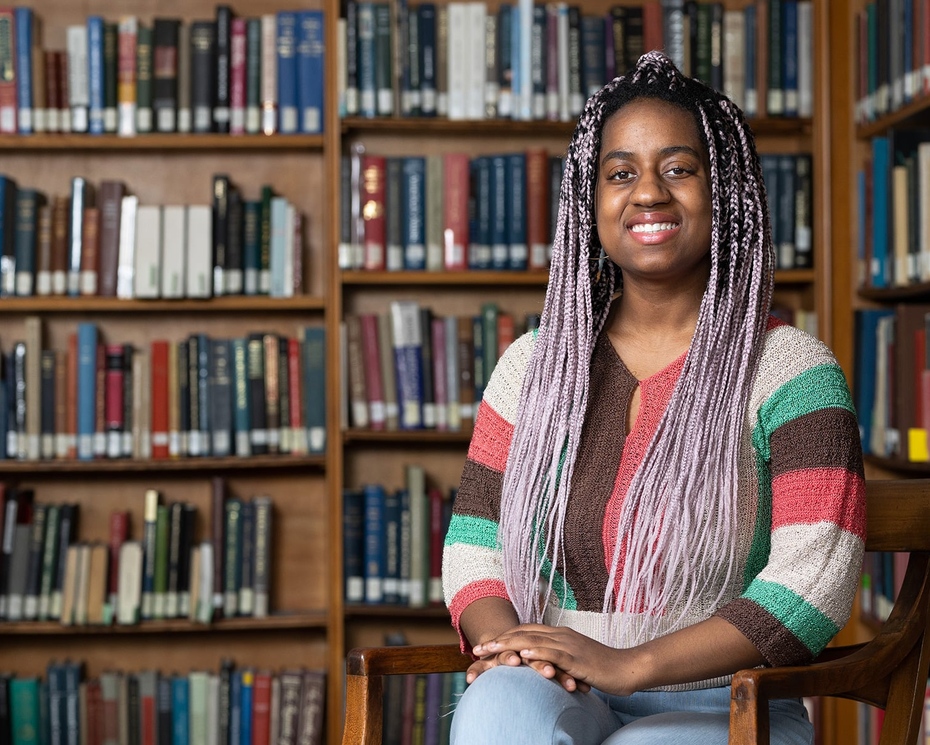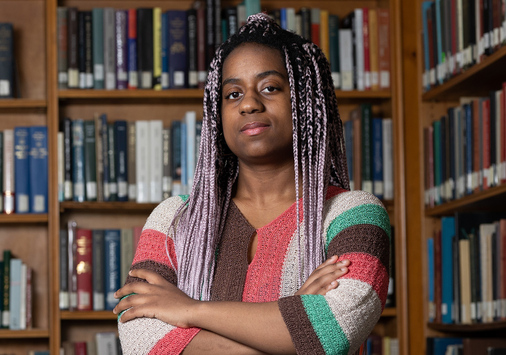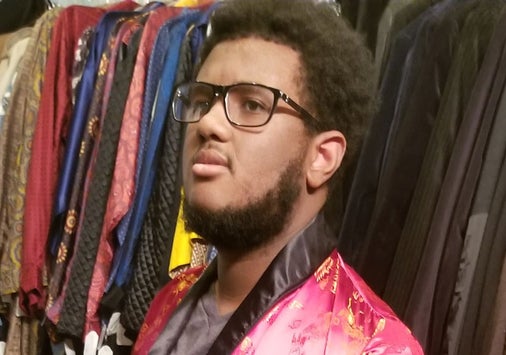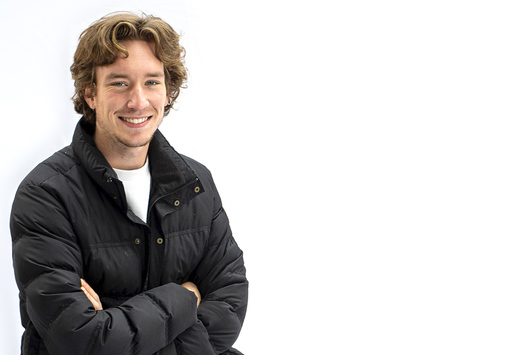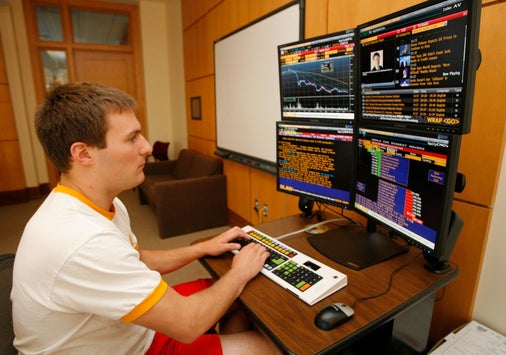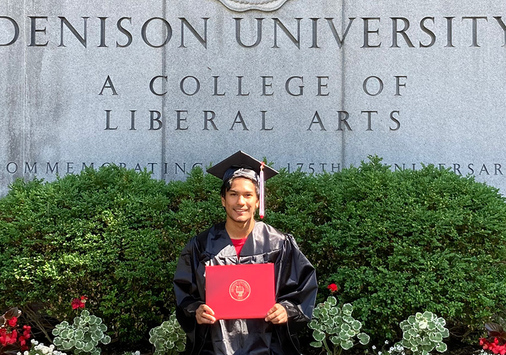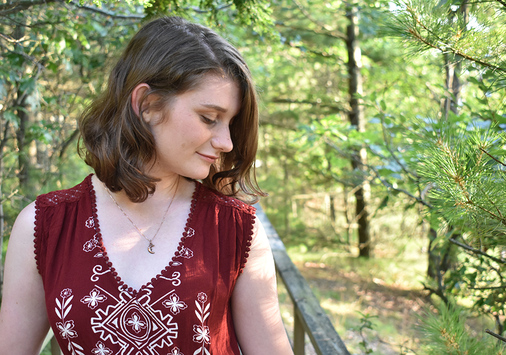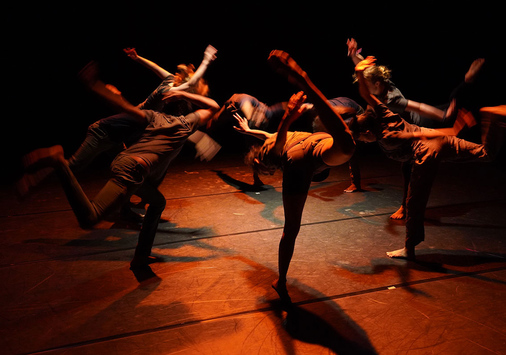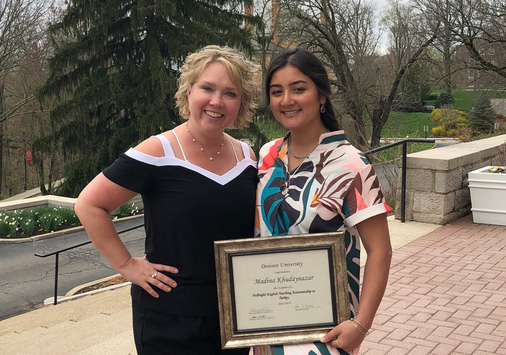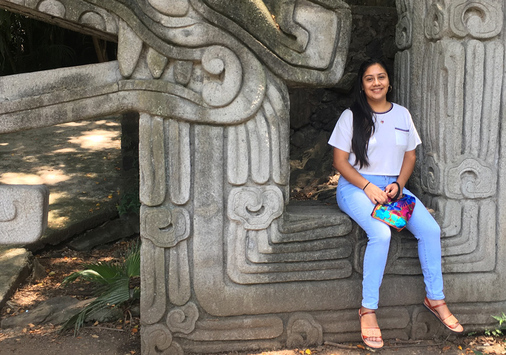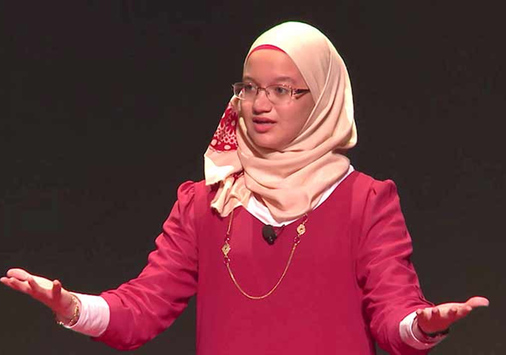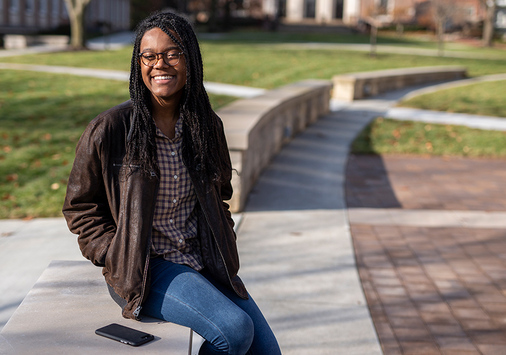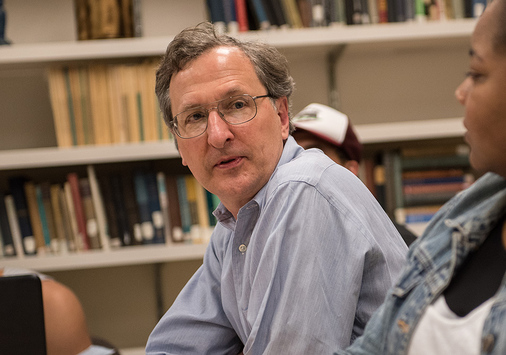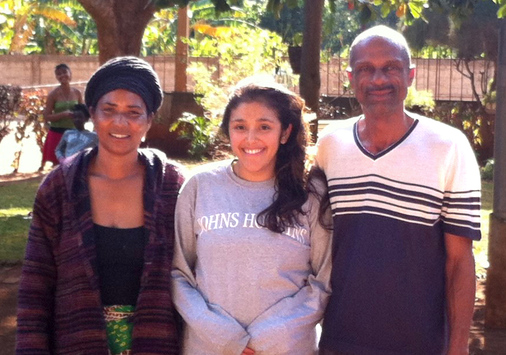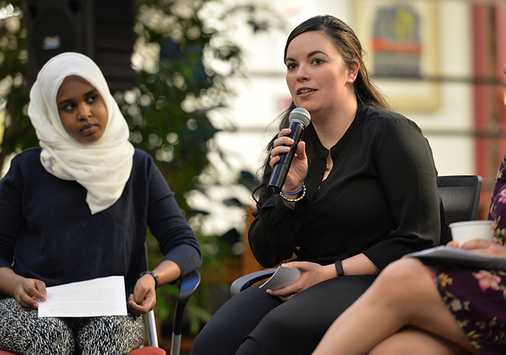Join a series of events taking place Monday, March 21 – Friday, March 25, recognizing 30 years since the fall of the Soviet Union.
A Major Transition: from state-controlled economies to capitalism, environmental degradation, social and religious control to self-expression.
Post-Soviet Transition Student Panel (in-person)
Tuesday, March 22, Dinner, Curtis Hall
Participants: Sham Khuseynov, 3rd year student; and Dorota Kendrick, Assistant Director, Center for Global programs.
Moderator: Raavi Asdar, Resident in Global Programs, Center for Global Programs
Menu: Hungarian goulash, Vegetarian cabbage roll, Shirin plov – rice pilaf with dried fruit and basmati rice, saffron, Galuska - potato and flour dumplings, roasted beets
Huffman serves regional specialties for lunch
Wednesday, March 23, 11:30 a.m.
Pierogies, Smoked sausage, Braised cabbage, Stuffed eggplant w/carrot and parsnip, Applesauce; sour creamPeppers & Onions Lunch is $7.75 for faculty and staff members who would like to try this regional cuisine between 11:30 a.m. and 1:30pm.
Economic History and Social Reality of the Post-Socialist “Transition Economies” Zoom Talk
Wednesday, March 23, 7 p.m.
Moderator: Zarrina Juraqulova, assistant professor of Economics, Denison University
The true tale of the economic transition from a socialist to a capitalist economic model of Central/Eastern Europe (CEE) and the former Soviet Union (FSU) is yet to be heard. As the Berlin Wall fell in November 1989, the CEE and FSU economies began their economic transition—rather, transformation—from a planned socialist model to a market-based economy. Yet, despite the independence premium in national policy, diversity of outcomes, and with recent strong economic growth, the post-socialist economies, in many ways, are yet to achieve the ideals announced over three decades ago. A critical challenge for a society is to objectively accept its past, while aiming for prosperous future, when designing sensible macroeconomic policy of today. In the current pandemic environment, the smallest of the transition economies may be forced to develop and adopt new socio-economic development models. Will economic history be a reliable guide to the new social reality in the region?
Aleksandr V. Gevorkyan is Henry George Chair in Economics and associate professor of Economics at the Department of Economics and Finance of the Peter J. Tobin College of Business at St. John’s University in New York City. He is a Senior Research Fellow at the Vincentian Centre for Church and Society, a Research Fellow at the Center for Global Business Stewardship. He is a Board Member at the Armenian Economic Association and at the Henry George School of Social Science. Gevorkyan also serves as ad-hoc Economics Subject Matter Expert for the Permanent Observer Mission of the Holy See To the United Nations. He is also a member of the editorial boards at the Review or Political Economy, Review of Keynesian Economics, Armenian Journal of Economics, and Journal of Eastern European and Central Asian Research. Gevorkyan is the author of “Transition Economies: Transformation, Development, and Society in Eastern Europe and the Former Soviet Union” (Routledge, 2018).
SHORT READING: How History Matters in Post-Socialist Economies. Development Economics Blog. Developing Economics
“World War II Memory in Putin’s Russia” presented by David L. Hoffmann, Department of History at The Ohio State University
Thursday, March 24, 4:30 p.m., Herrick Auditorium
Moderator: Alina Haliliuc, associate professor of Communication, Denison University
Russian President Vladimir Putin has gone to extraordinary lengths to commemorate the Second World War. Through Victory Day parades, ceremonial speeches, and government-sponsored films, he has made World War II memory central to contemporary Russian national identity. Why does the Putin administration place such enormous emphasis on a war that ended over 75 years ago? This talk will examine the political utility of World War II memory in Russia today. It will explore how war remembrance serves the interests of Putin’s government in both the domestic and international spheres, including with regard to the current war in Ukraine.
Hoffmann is a specialist in Russian and Soviet history, with a particular focus on the political, social, and cultural history of Stalinism. He is the author of multiple books and monographs, including “Peasant Metropolis: Social Identities in Moscow, 1929-1941” (Cornell University Press, 1994), “Stalinist Values: The Cultural Norms of Soviet Modernity, 1917-1941” (Cornell University Press, 2003), and “Cultivating the Masses: Modern State Practices and Soviet Socialism, 1914-1939” (Cornell University Press, 2011). His most recent book is entitled: “The Memory of the Second World War in Soviet and Post-Soviet Russia” (Routledge, 2022). Hoffmann received his B.A. from Lawrence University, and his M.A., M.Phil., and Ph.D. from Columbia University.
Post Soviet Films (screened as a part of INTL Film Festival)
Thursday, March 24, 5:30 p.m., Herrick Auditorium
Moderator: Alina Haliliuc, associate professor of Communication, Denison University
“Sing”, a Hungarian short of 26 min.
“Maja”, a Serbian short of 21 min.
“Fragile”, Episode 1, a Romanian short of 11 min.
Panel of Scholars: the post-soviet transition in the Central Asian and Eastern European regions
Friday, March 25, 12 p.m., Slayter 3rd Floor
Moderators: Professors Matthew Slaboch and Zarrina Juraqulova
Three OSU graduate students will virtually share their research related to the post-soviet transition in the Central Asian and Eastern European regions.
- “Without Toil, There is No Treasure: Environment and Cotton Labor in Soviet Tajikistan Nikolas Seay,” Ph.D. Candidate, Ohio State University
- “Gender and Sexuality in Russia Randall J. Rowe, Victoria Gurevich,” Ph.D. Candidate, Ohio State University
- “Radicalization and Countering Violent Extremism in the Post-Soviet Region Victoria Gurevich,” Ph.D. Candidate, Ohio State University
Pysanky Ukrainian Egg Painting Workshop
Friday, March 25, 2:30-4:30 p.m.
Linda Hupert, President of the Ohio Egg Artists Guild
Sponsored by the Laura C. Harris Series, Lisska Center and the Departments of Communication, Economics, Global Commerce, History, Politics & Public Affairs and Religion
